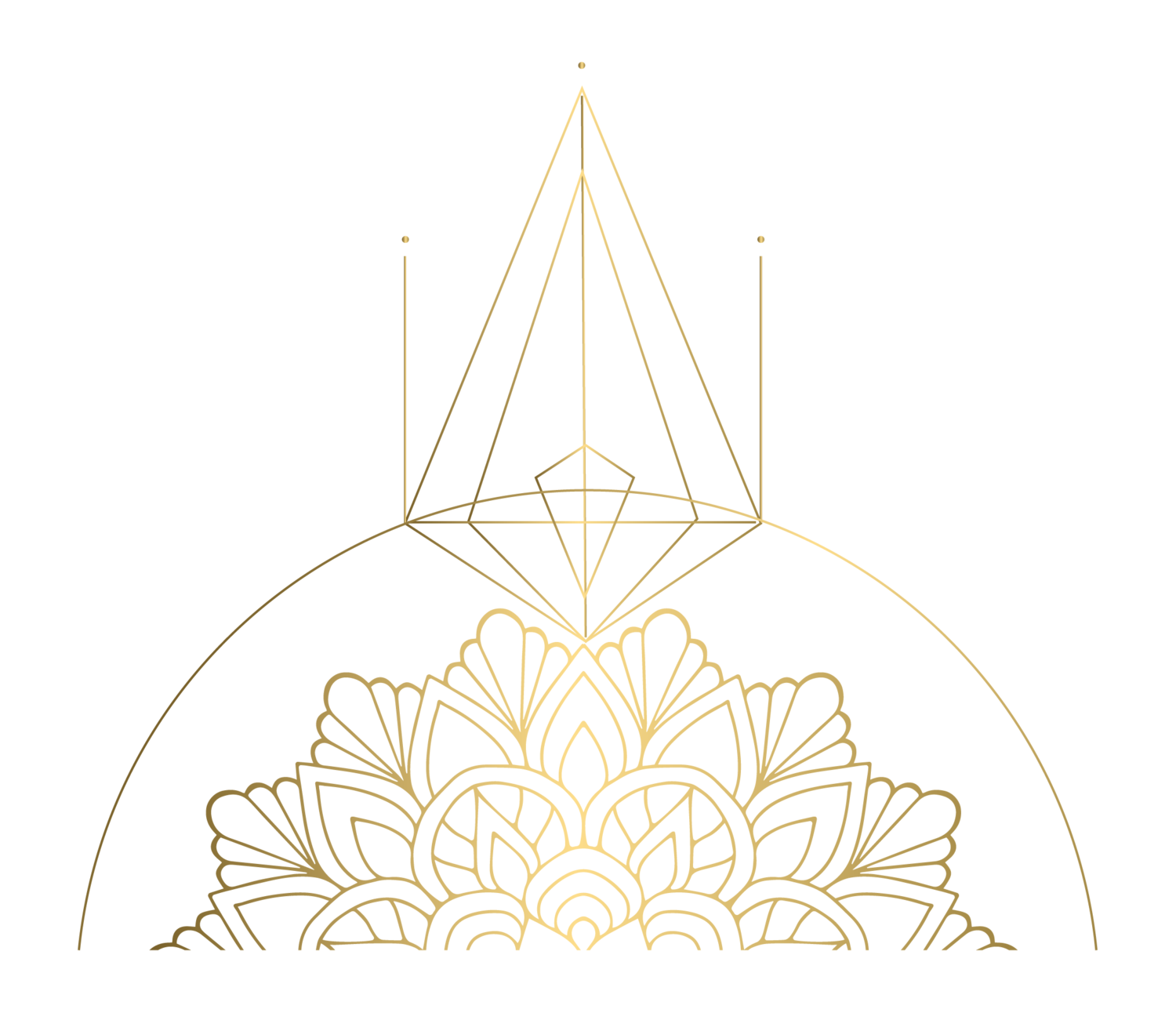BOUNDARIES. This is such a huge topic! Feels like I’ve been working on boundaries forever and that’s because just like us, our boundaries grow and evolve as we change. I think it’s always healthy to revisit and renegotiate these with yourself.
My relationship with boundaries has been a nebulous one- I grew up in a household where we weren’t allowed any boundaries- it’s partly cultural as naturally in Chinese culture, families are more involved and enmeshed, but partly because of a toxic environment in which my parents didn’t know where they began and where they ended, nor did they allow me any agency or division or individuality. I was punished and shamed for setting boundaries, and as a result my nervous system encoded that it is not safe to set boundaries as the backlash that I suffer as a result are more costly than having those boundaries invaded in the first place.
Obviously, this created a rather painful life. But through recovery and the process of healing, and that means continual practice, continual auditing of my experiences, continual checking in and continual research, I’ve gotten so much better.
What’s important for me to remember, and for others who are working on their boundaries too, is- if you grew up in an abusive situation or one that demanded co-dependency, or self-sacrificing behaviors, or people pleasing, boundaries are going to feel so uncomfortable. But know that boundaries differ from person to person, so never let someone else’s lack of boundaries make you feel like you don’t deserve boundaries around a certain thing.
For example, I’ve never liked it when predatory men feel entitled to touch me randomly- and I mean, people I do not know, people I do not want to know. I remember one particular incident when I was at a party as a girl in my early 20’s with a few friends and a man who I did NOT invite into my space in any way, sat down next to me and put his hands all over me. I said to him, “Do NOT touch me” and he went to my friends (at the time) and complained about me, and then put his hands on them which in their relationship with the world, was completely acceptable (it’s funny how in a lot of people’s world’s, this is acceptable- more on that in a separate blog post). In retrospect, obviously I see this man for who he is- an entitled creep- but at the time because my friends had different boundaries and I was indirectly shamed, I felt bad for setting that boundary. BUT as I said, boundaries differ. Other people might think it’s permissible but that doesn’t mean anything about your boundaries and comfort level!!
—
In the process of forming healthy boundaries, you’ll inevitably also create walls. This is sort of like a pendulum swinging from no boundaries, to walls, and then you eventually meet somewhere in the middle. This is perfectly okay. Just notice when you build walls, and know that it’s actually out of self-protection. As you start developing a healthier, more trusting relationship with the world, the walls soften invariably.
Another thing I constantly encounter is the fear of hurting the other person. I’m very sensitive to the feelings of others and sometimes it feels more painful for someone else to experience rejection than myself, so out of habit I’ll put myself in the position of sacrificing something, or giving something up. This happened very unconsciously, and it’s something I notice that a lot of empaths do. We don’t want other people to be in pain. But in the end, we end up being the ones in pain. With regard to this one, it’s good to consciously notice when and where you do this, and recognize that in sparing someone else rejection, you’re projecting on them your own fear/pain of rejection. It’s good to get clear on this and work on this in yourself, and once you work through this, you’ll see it shifting from your relationship with other people. Meaning, when you’re okay with rejection and no longer take it personally, you won’t assume that other people take it personally. Also remember that you have the right to take care of yourself! You’re responsible for you, meaning, when you need to say no, SAY NO!
At present, I’m noticing that I still have a slight issue when it comes to certain types of people who ask me invasive questions. I for some reason feel the need to answer even if it’s rude, inappropriate, or questionable. I do notice that I feel uncomfortable, but the discomfort is less than when I think about how uncomfortable it might be to say, “I don’t want to answer that question,”- but, as with any portion of learning boundaries, it’s important to 1. recognize where you’re giving your power away, 2. take a moment when you feel that discomfort 3. realize you do have the right to assert your needs.
Hope this helps <3
